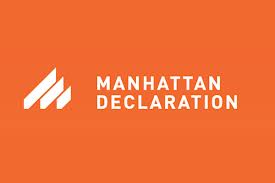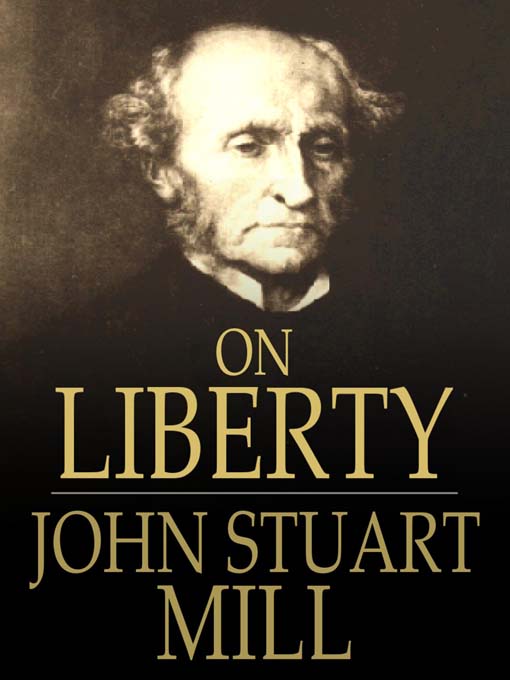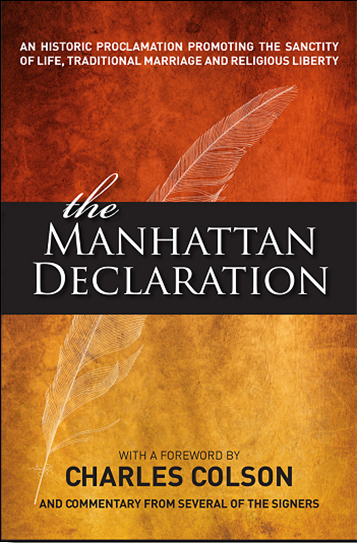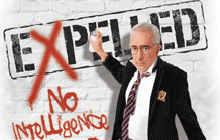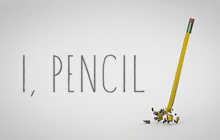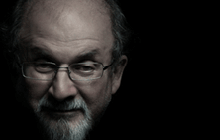In 2010, Apple’s “App Store” removed an app for the Manhattan Declaration, a manifesto in support of religious liberty, traditional marriage, and the pro-life view. Apple argued that the Declaration was a form of “gay bashing” and had offended large groups of people. Declaration author Charles Colson wrote to Apple, and in the second video below he explains his case. Though this is an example of private censorship, rather than state censorship, this course invites you to weigh the arguments and decide for yourself what the appropriate limits to free speech might be.
First, an overview of the issue is given in this journalistic piece by CitizenLink.
Now listen to Charles Colson himself present his case in response to this controversy.
Apple’s famous 1984 Super Bowl ad prominently features the theme of censorship, suggesting that the corporation champions the free expression of ideas. However, after their removal of the Manhattan Declaration app, it would seem that the corporation might have other priorities.
Now that you have the background, the next step is to read the document in question and judge for yourself.




